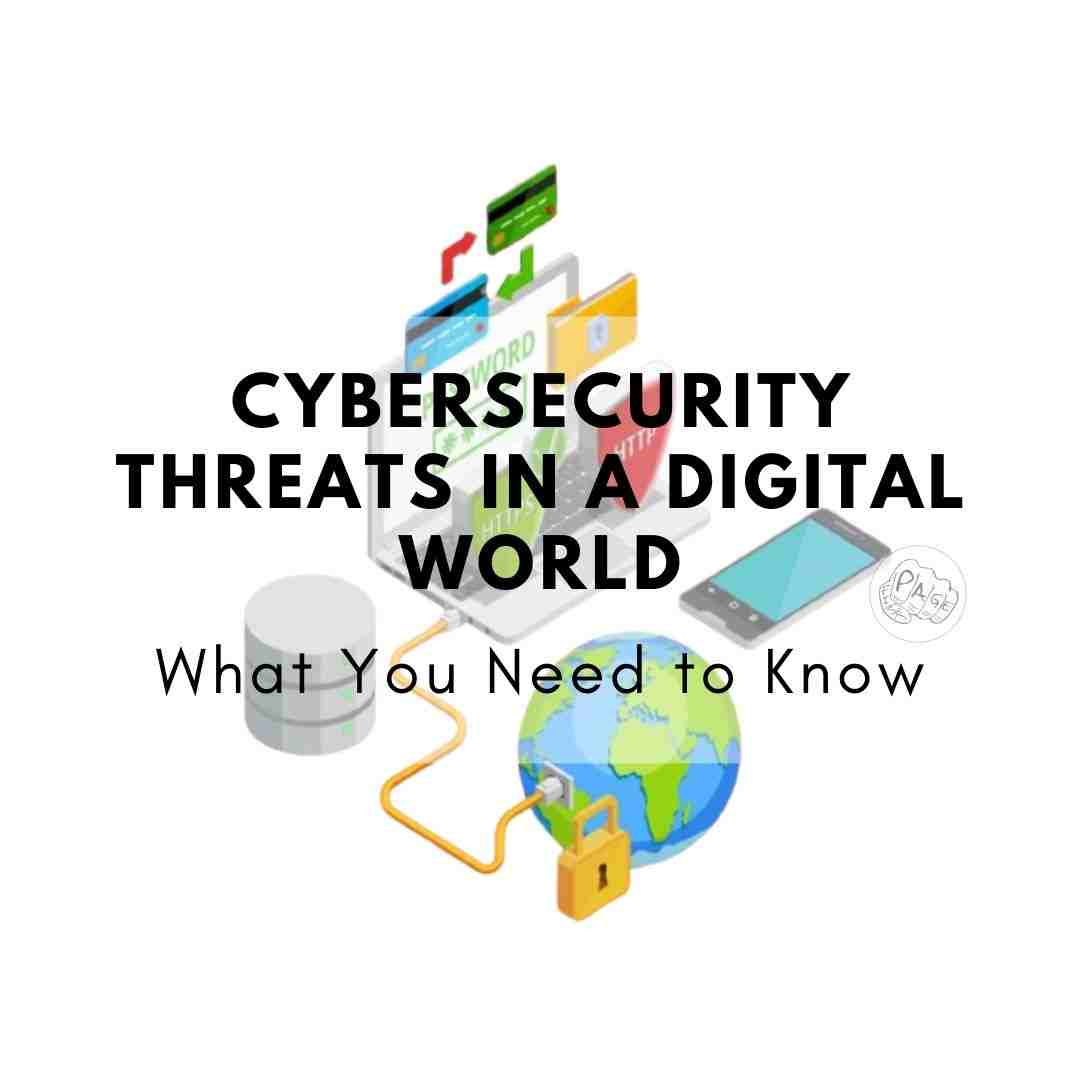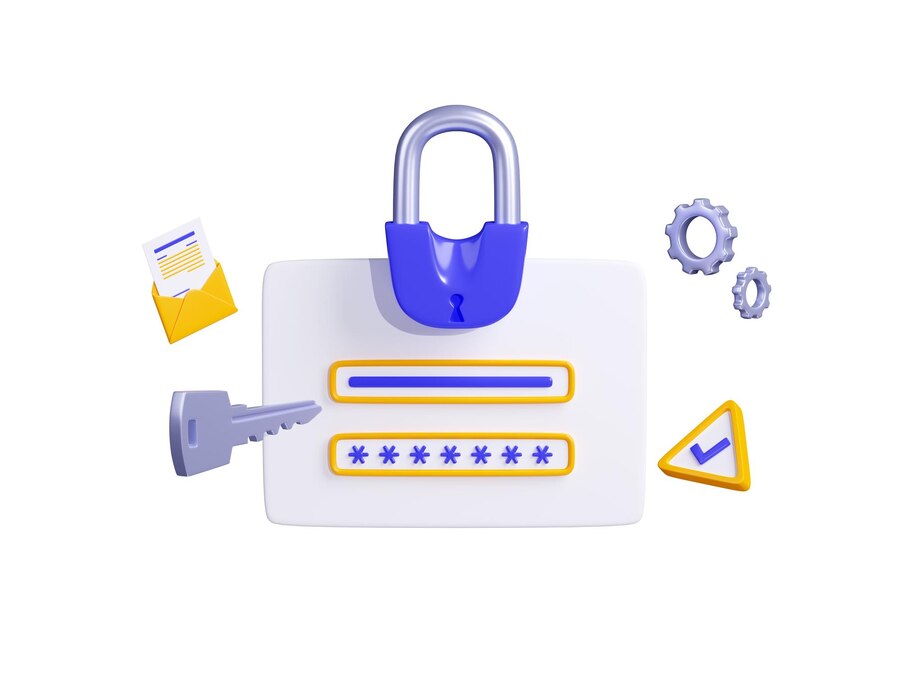Types of Cyber Security
Cyber security is the practice of protecting networks, devices, and data from unauthorized access or attacks. There are different types of cybersecurity
Cyber security is the practice of protecting networks, systems, devices, and data from unauthorized access, malicious attacks, or damage. Cyber security is essential for individuals, organizations, and governments to safeguard their personal, financial, and sensitive information.
There are different types of cyber security, each with its own purpose and scope. Some of the most common types are:
1. Network security: This type of cyber security focuses on preventing unauthorized access to the network infrastructure, such as routers, switches, firewalls, and servers. Network security involves implementing policies, protocols, and tools to monitor, detect and block malicious traffic or intruders.
2. Endpoint Security: This type of cyber security focuses on protecting the devices that connect to the network, such as laptops, smartphones, tablets, and IoT devices. Endpoint security involves installing software or hardware solutions to prevent malware infection, data theft, or unauthorized access.
3. Application security: This type of cyber security focuses on protecting the software applications that run on the network or the devices, such as web browsers, email clients, mobile apps, and cloud services. Application security involves testing, scanning, and patching the applications to identify and fix vulnerabilities or bugs.
4. Data security: This type of cyber security focuses on protecting the data that is stored, processed, or transmitted on the network or the devices, such as personal information, financial records, intellectual property, and trade secrets. Data security involves encrypting, backing up, and deleting the data to prevent unauthorized access, modification, or loss.
5. Cloud security: This type of cyber security focuses on protecting the data and applications that are hosted on cloud platforms, such as Amazon Web Services (AWS), Microsoft Azure, or Google Cloud. Cloud security involves configuring, auditing, and monitoring the cloud services to ensure compliance with security standards and regulations.
6. Identity and access management (IAM): This type of cyber security focuses on controlling who can access the network, the devices, the applications, and the data, and what they can do with them. IAM involves verifying the identity and authorization of users, devices, and entities using passwords, biometrics, tokens, or certificates.
These are some of the main types of cyber security that are essential for protecting the digital assets and information of individuals and organizations. Cyber security is a dynamic and evolving field that requires constant vigilance and adaptation to counter new threats and challenges.
Share This Post
Related Articles
Cybersecurity Threats in a Digital World: What You Need to Know
Discover the top cybersecurity threats in today's digital landscape and learn how to protect yourself and your data. Stay one step ahead of cybercriminals!
The Dynamic Duo: AI and Humans in Cybersecurity
Explore the symbiotic relationship between artificial intelligence (AI) and human expertise in the ever-evolving landscape of cybersecurity. Learn how these digital defenders work together to fortify digital defenses and ensure comprehensive protection against digital threats.
Cloud Security
Cloud security is the practice of protecting data, applications, and infrastructure from cyberattacks and unauthorized access in the cloud. Cloud security requires a shared responsibility model between the cloud service provider and the customer, as well as the implementation of security controls, policies, and best practices. Cloud security can help organizations achieve compliance, scalability, and cost-efficiency in their cloud operations.
Protecting Your Business: Cybersecurity Best Practices
Learn essential cybersecurity best practices to safeguard your business from phishing, ransomware, and other cyber threats. Empower your team, secure your data, and stay vigilant!
What is Password Manager?
Explore the digital guardian realm! What is a Password Manager? Dive into the cyber sanctuary, decode its magic, and learn why it's your shield in the online jungle.
Related FAQ
No related FAQ.
Say Hello
To Your Dream





